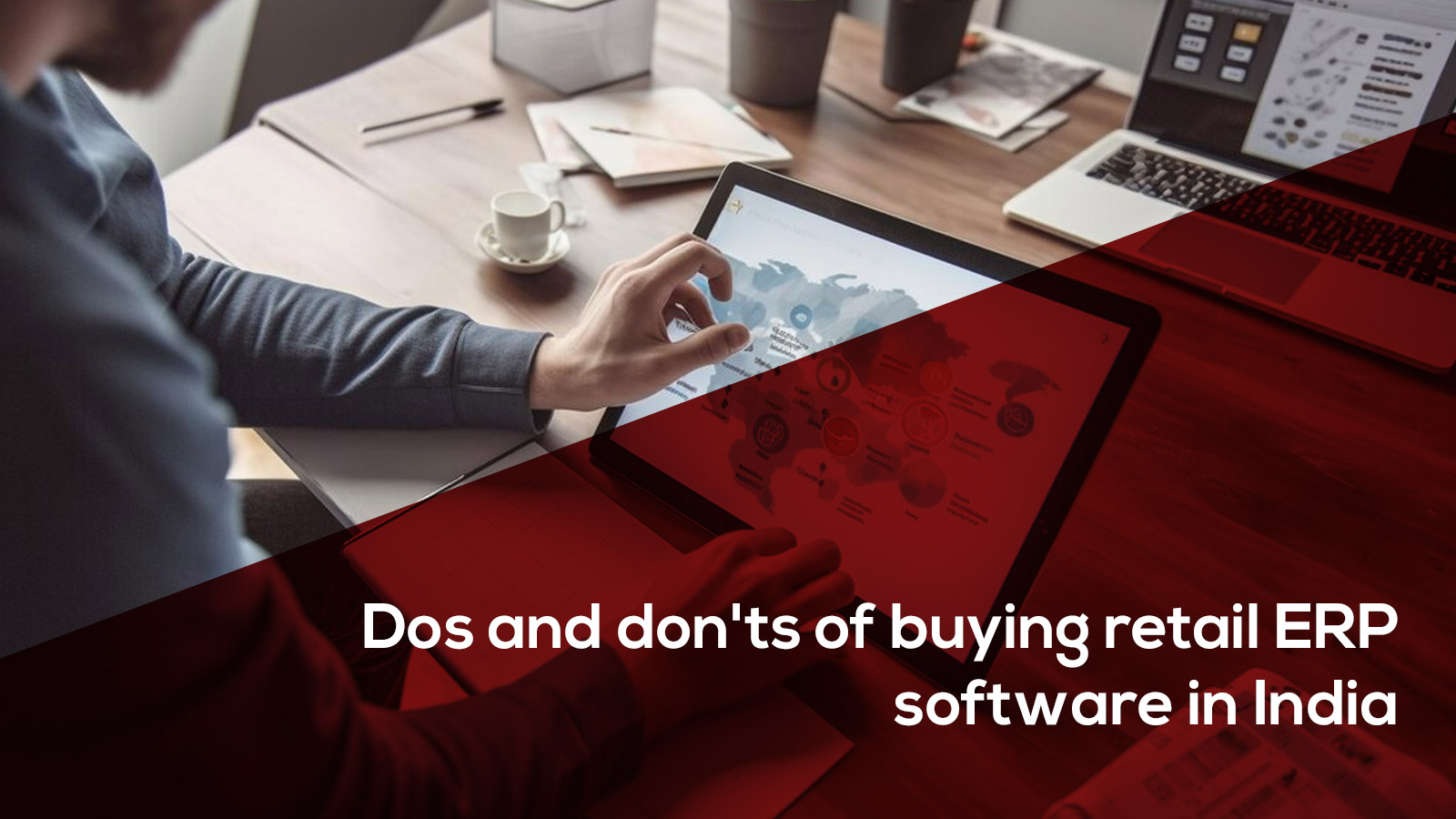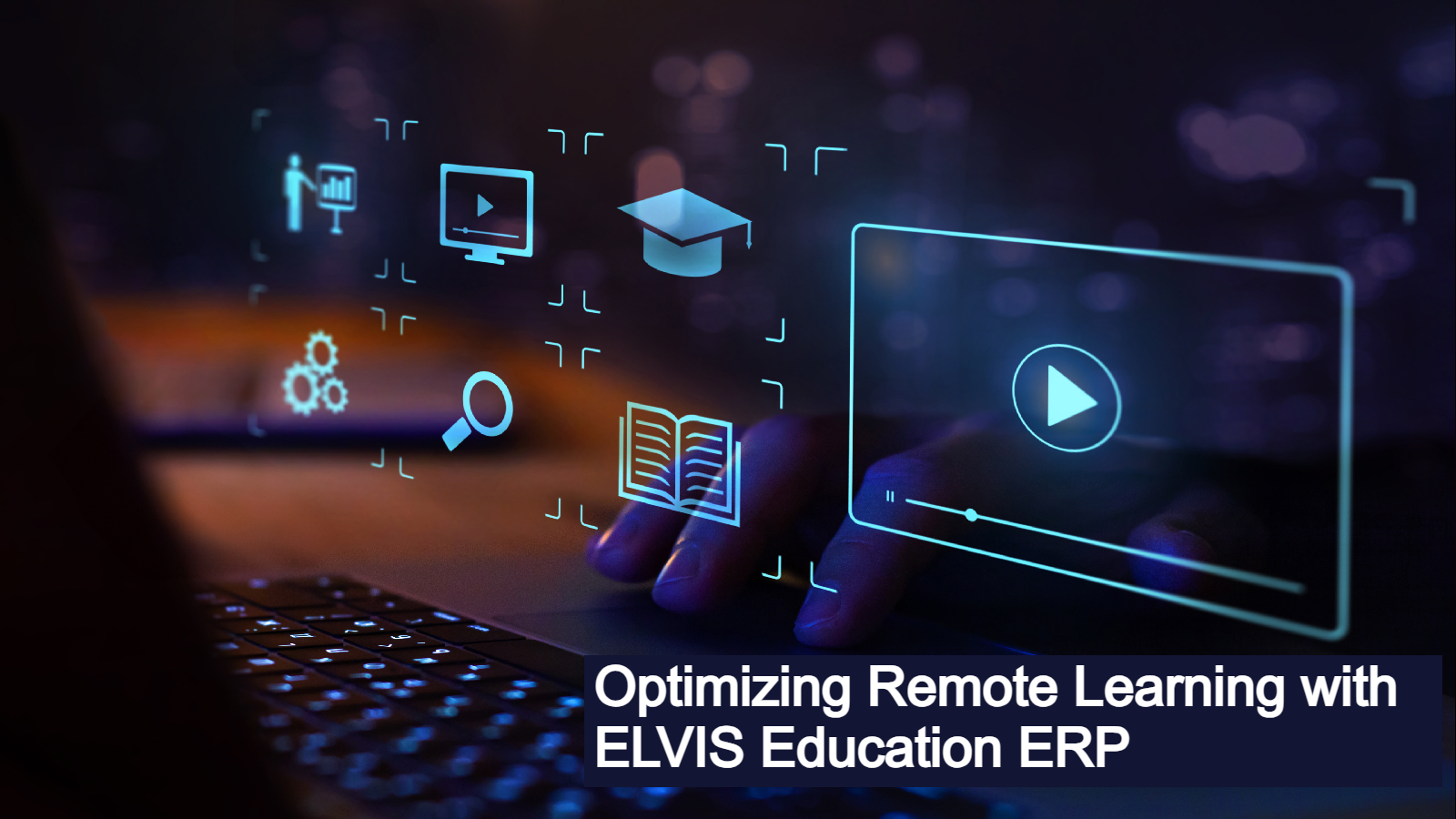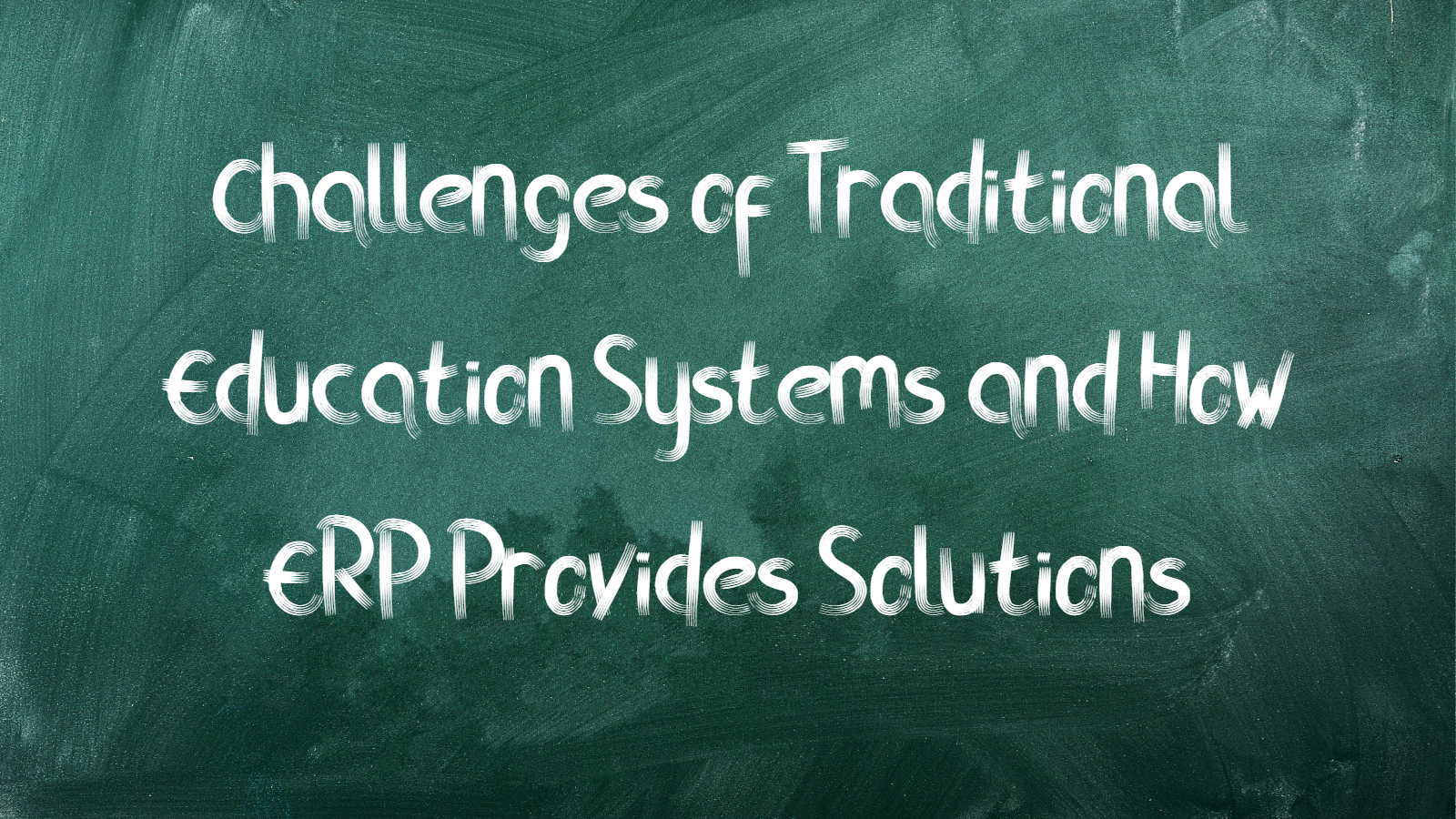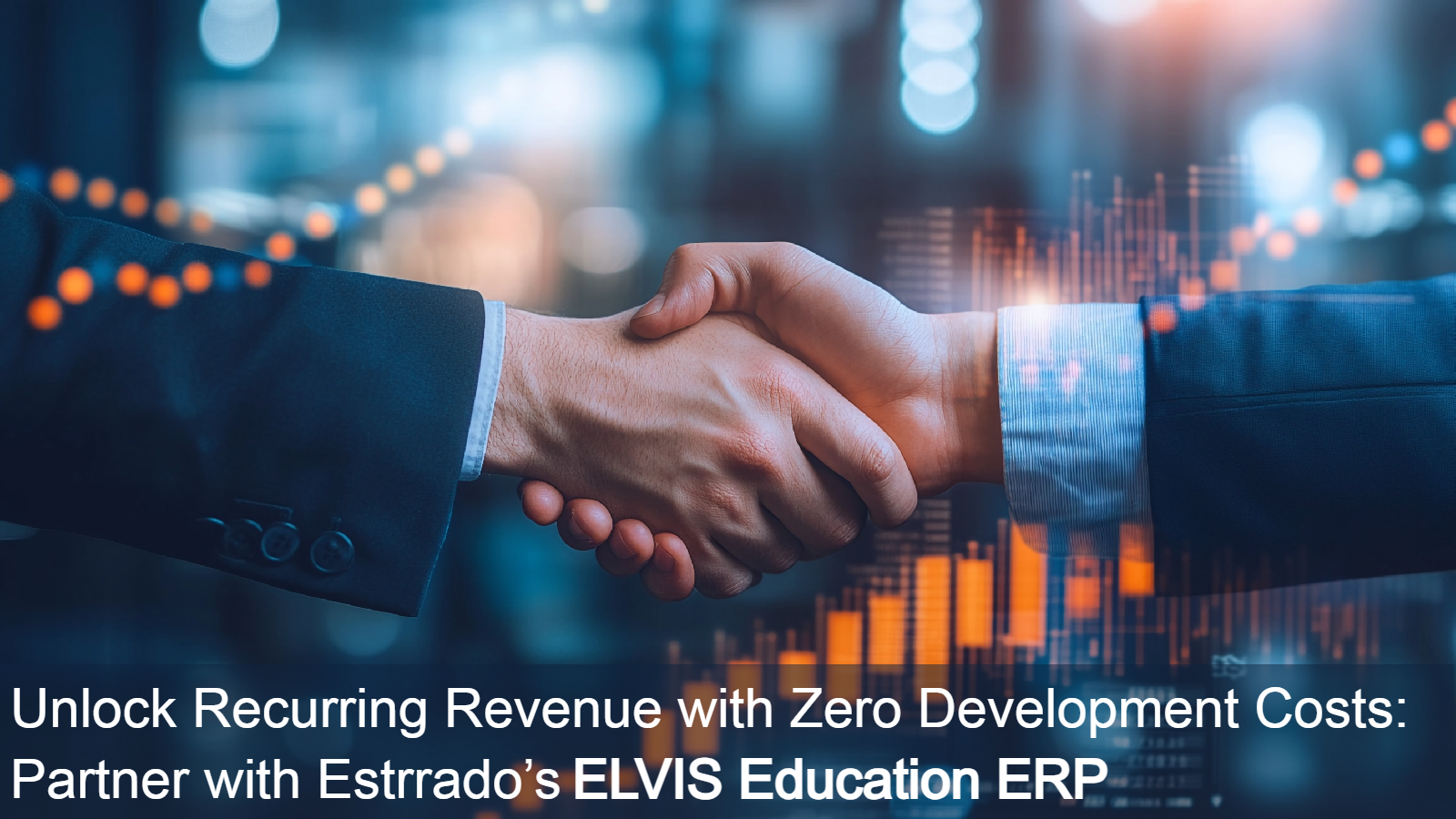Introduction
In the rapidly evolving landscape of the retail industry in India, the adoption of efficient and tailored Enterprise Resource Planning (ERP) software has become imperative for businesses to thrive. Retail ERP software streamlines operations, enhance productivity, and provides valuable insights for strategic decision-making. However, the selection process can be daunting, and making the wrong choice can have significant consequences. To ensure a smooth and successful implementation, it’s crucial to be aware of the dos and don’ts when buying retail ERP software in India.
Dos:
Define Your Business Requirements:
Before embarking on the journey of selecting an ERP solution, clearly define your business requirements. Identify the specific challenges and pain points that the software needs to address. This will serve as a blueprint for choosing a solution that aligns with your business goals.
Conduct a Comprehensive Needs Analysis:
Perform a thorough needs analysis to understand the functionalities and features your business truly requires. Assess the scalability of the ERP software to accommodate future growth, ensuring that your investment remains relevant in the long term.
Consider Cloud-Based Solutions:
Opt for cloud-based ERP solutions that offer flexibility and accessibility. Cloud-based systems are known for their scalability, cost-effectiveness, and the ability to provide real-time data access from anywhere. This is particularly crucial in the dynamic and geographically dispersed market of India.
Ensure Mobile Compatibility:
With the increasing reliance on mobile devices, ensure that the chosen ERP software is compatible with smartphones and tablets. This ensures that key stakeholders can access real-time information on the go, promoting agility and informed decision-making.
Integration Capability:
Select an ERP solution that seamlessly integrates with your existing systems. This includes compatibility with other business applications, e-commerce platforms, and payment gateways. Integration capability reduces manual data entry and enhances overall operational efficiency.
User-Friendly Interface:
Prioritize user-friendly interfaces to facilitate quick adoption by your team. A software solution that is intuitive and easy to navigate reduces training time and ensures a smoother transition for your employees.
Vendor Reputation and Support:
Research and choose a reputable ERP vendor with a track record of successful implementations. Consider factors such as customer reviews, testimonials, and the vendor’s responsiveness to support requests. A reliable vendor is essential for ongoing support and system updates.
Don’ts:
Ignore Total Cost of Ownership (TCO):
Avoid focusing solely on the initial cost of the ERP software. Consider the total cost of ownership, including implementation, training, maintenance, and potential customization. Understanding the full financial implications ensures there are no surprises down the line.
Overlook Customization Needs:
While it’s essential to find an ERP solution that aligns with your current requirements, don’t overlook the potential need for customization in the future. Ensure that the chosen software can be tailored to accommodate evolving business processes.
Neglect Security Protocols:
Security is a top priority, especially in the retail sector dealing with sensitive customer information. Do not compromise on robust security protocols. Choose ERP software that complies with industry regulations and employs encryption and authentication measures.
Ignore Scalability:
The retail landscape in India is dynamic, and your business is likely to grow. Avoid the mistake of choosing an ERP solution that lacks scalability. Ensure that the software can adapt to the changing needs and size of your organization without requiring a complete overhaul.
Underestimate Training Requirements:
Implementing new ERP software involves a learning curve for your team. Do not underestimate the importance of training. Allocate sufficient time and resources to train your employees adequately, minimizing disruptions to daily operations.
Not Consider Future Technological Trends:
The technology landscape is continually evolving. Don’t invest in ERP software that doesn’t keep pace with technological advancements. Consider future trends such as Artificial Intelligence (AI), Machine Learning (ML), and the Internet of Things (IoT) to ensure your ERP system remains cutting-edge.
Rush the Decision-Making Process:
Avoid the temptation to rush through the decision-making process. Take the time to thoroughly evaluate different ERP solutions, assess vendor capabilities, and gather feedback from stakeholders. A well-informed decision is key to a successful ERP implementation.
Conclusion
The process of buying retail ERP software in India requires a strategic and informed approach. By adhering to the dos and avoiding the don’ts, businesses can make a well-informed decision that aligns with their unique requirements, setting the stage for increased efficiency, profitability, and long-term success in the competitive Indian retail market.
Frequently Asked Questions (FAQs)
What factors should I consider when defining my business requirements for retail ERP software?
Defining your business requirements is a crucial step in selecting the right ERP software. Consider factors such as the size of your business, specific industry needs, scalability, integration capabilities with existing systems, and the level of customization required. By identifying these elements, you can create a comprehensive list of features and functionalities that will guide your ERP selection process.
How can I ensure that the retail ERP software is scalable for future business growth?
Scalability is vital to accommodate the evolving needs of your business. To ensure the chosen ERP software is scalable, look for solutions that have a proven track record of handling growth in similar businesses. Consider the ability of the software to handle increased transaction volumes, users, and data without compromising performance. Additionally, check for options to easily add modules or features as your business expands.
Why is mobile compatibility essential in retail ERP software for the Indian market?
Mobile compatibility is crucial in the Indian retail market due to the widespread use of smartphones. With on-the-go decision-making and the need for real-time information, mobile-compatible ERP software ensures that key stakeholders can access critical data from anywhere. This promotes agility in operations and empowers businesses to respond swiftly to market changes.
How important is integration capability in retail ERP software?
Integration capability is highly important in the retail sector. Choose ERP software that seamlessly integrates with your existing systems, such as POS systems, e-commerce platforms, and payment gateways. This integration reduces manual data entry, minimizes errors, and streamlines overall business processes, leading to increased efficiency.
What security measures should I look for in retail ERP software for data protection?
Data security is a top priority, especially in the retail sector dealing with sensitive customer information. When evaluating ERP software, ensure it complies with industry regulations and incorporates robust security measures. Look for features like data encryption, secure authentication protocols, and compliance with standards such as GDPR to safeguard your business and customer data.
How can I assess the training requirements for my team during ERP software implementation?
Assessing training requirements is crucial to ensure a smooth transition during ERP implementation. Consider the user-friendliness of the ERP software and evaluate the level of training needed for your team. Allocate sufficient time and resources for training sessions, and choose software with an intuitive interface to minimize the learning curve. Training programs can be conducted by the ERP vendor or through in-house training teams.
Why is it essential to consider future technological trends when choosing retail ERP software?
Considering future technological trends is vital to ensure the longevity and relevance of your ERP investment. Look for ERP solutions that incorporate emerging technologies such as Artificial Intelligence (AI), Machine Learning (ML), and the Internet of Things (IoT). This future-proofs your system, allowing your business to stay competitive and leverage the latest advancements in technology.
What role does vendor reputation play in the selection of retail ERP software?
Vendor reputation is a critical factor in the selection process. Research and choose an ERP vendor with a proven track record of successful implementations. Read customer reviews, testimonials, and case studies to gauge the vendor’s reliability. A reputable vendor provides ongoing support, and timely updates, and ensures a positive long-term relationship, contributing to the overall success of your ERP implementation.
How can I avoid overlooking the total cost of ownership (TCO) when selecting retail ERP software?
To avoid overlooking the total cost of ownership, factor in all associated costs beyond the initial purchase. Consider implementation costs, training expenses, ongoing maintenance fees, and potential customization costs. A comprehensive understanding of the TCO helps in making a well-informed decision and ensures that the chosen ERP software aligns with your budgetary constraints in the long run.
What should I do if my business requires customization in the future?
If customization is anticipated in the future, choose retail ERP software that offers flexibility and customization options. Ensure that the chosen solution allows for easy adaptation to evolving business processes. Additionally, discuss customization capabilities with the ERP vendor, ensuring that they can provide the necessary support and resources for tailoring the software to meet your specific requirements.








